To provide the best experiences, we use technologies like cookies to store and/or access device information. Consenting to these technologies will allow us to process data such as browsing behaviour or unique IDs on this site. Not consenting or withdrawing consent, may adversely affect certain features and functions.
The technical storage or access is strictly necessary for the legitimate purpose of enabling the use of a specific service explicitly requested by the subscriber or user, or for the sole purpose of carrying out the transmission of a communication over an electronic communications network.
The technical storage or access is necessary for the legitimate purpose of storing preferences that are not requested by the subscriber or user.
The technical storage or access that is used exclusively for statistical purposes.
The technical storage or access that is used exclusively for anonymous statistical purposes. Without a subpoena, voluntary compliance on the part of your Internet Service Provider, or additional records from a third party, information stored or retrieved for this purpose alone cannot usually be used to identify you.
The technical storage or access is required to create user profiles to send advertising, or to track the user on a website or across several websites for similar marketing purposes.
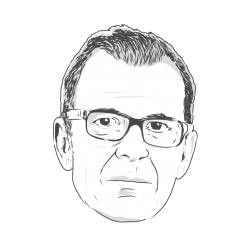 In the latest issue of IN Magazine, Chris Kane talks about his new book Where is My Office? and how this is possibly the best time to publish a book about workplace transformation, in spite of the upheavals of the last year. Another author and world-famous workplace expert to publish on a related theme is Neil Usher. His new book, Elemental Change, is also timely as many organisations look to a post-pandemic era in which they must challenge many of their previous assumptions about their structure and how, where and when they work. (more…)
In the latest issue of IN Magazine, Chris Kane talks about his new book Where is My Office? and how this is possibly the best time to publish a book about workplace transformation, in spite of the upheavals of the last year. Another author and world-famous workplace expert to publish on a related theme is Neil Usher. His new book, Elemental Change, is also timely as many organisations look to a post-pandemic era in which they must challenge many of their previous assumptions about their structure and how, where and when they work. (more…)




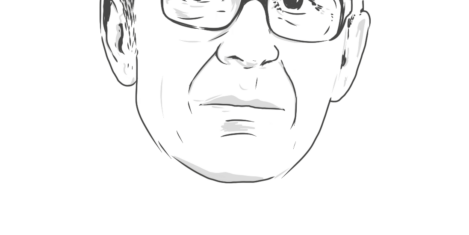

 The construction sector, the real estate industry and city planners must give high priority to the same goal – to drastically reduce their climate impacts. Powerful, combined efforts across all of the built environment sectors are absolutely crucial for the potential to achieve the UN’s sustainability goals. And what’s more – everything has to happen very quickly. These are the cornerstones to a roadmap presented at the recent
The construction sector, the real estate industry and city planners must give high priority to the same goal – to drastically reduce their climate impacts. Powerful, combined efforts across all of the built environment sectors are absolutely crucial for the potential to achieve the UN’s sustainability goals. And what’s more – everything has to happen very quickly. These are the cornerstones to a roadmap presented at the recent 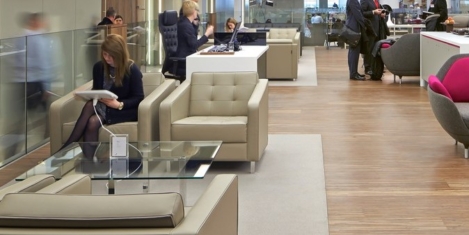
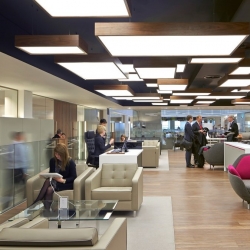

 After a multi-year global consultation, the World Green Building Council (
After a multi-year global consultation, the World Green Building Council (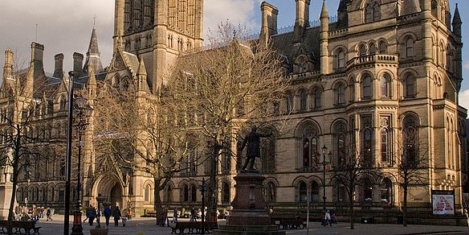
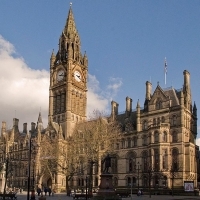
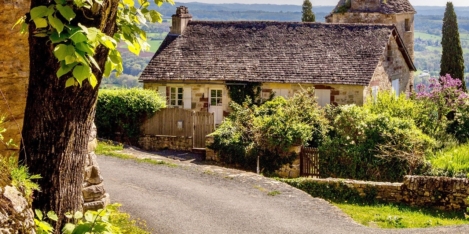
 Over half (52 percent) of UK workers think we will see a “reverse brain drain” of talent migration away from big cities like London and Manchester towards regional areas as a result of COVID-19, according to latest research from the
Over half (52 percent) of UK workers think we will see a “reverse brain drain” of talent migration away from big cities like London and Manchester towards regional areas as a result of COVID-19, according to latest research from the 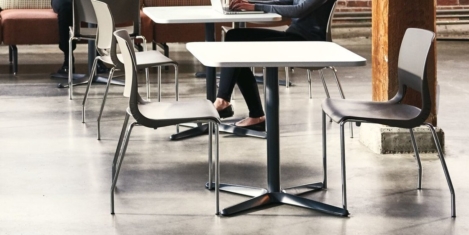
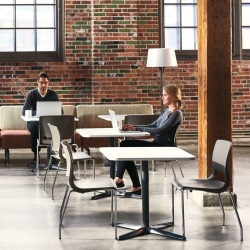
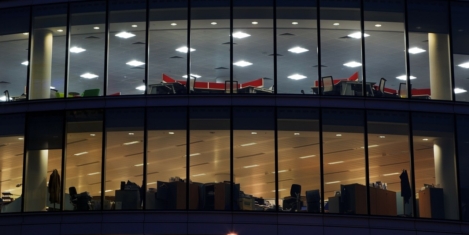
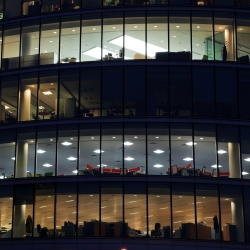


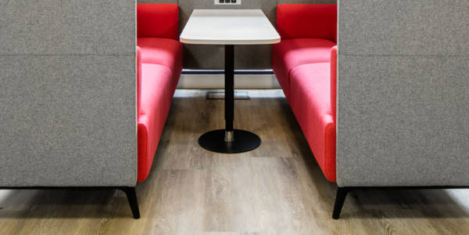
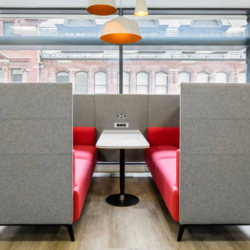

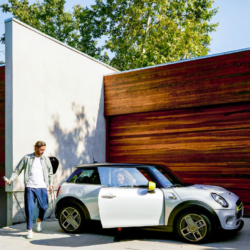









November 19, 2020
Covid-19 is levelling the playing field for disabled workers
by Ruby Gullon • Comment, Flexible working, Wellbeing